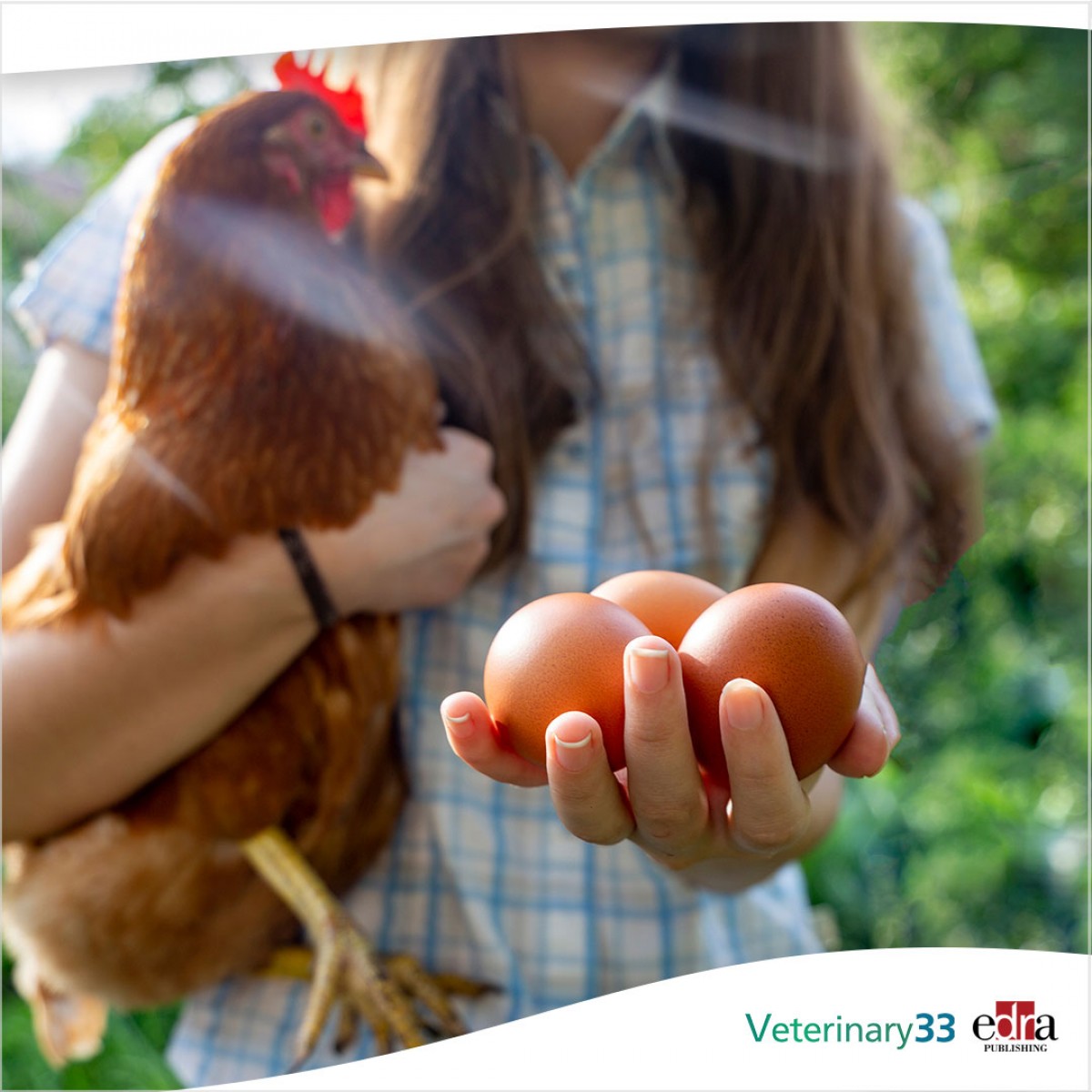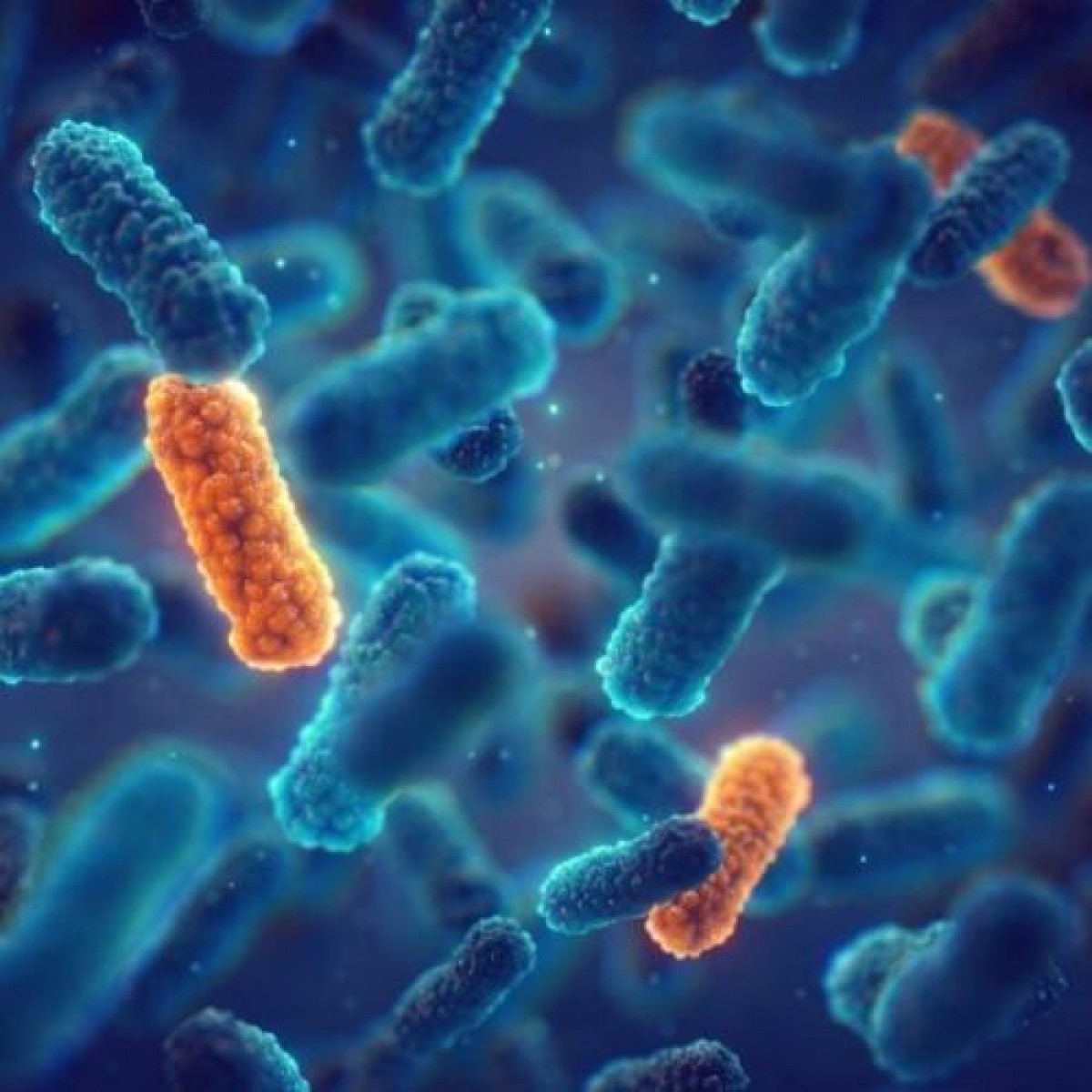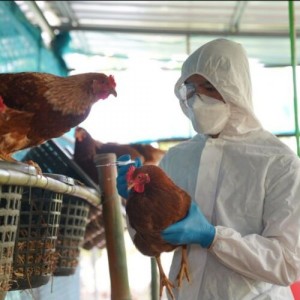False beliefs about food safety harm the health of Europeans
There are certain myths or beliefs about food safety that are widespread among people. Now, a new study warns that believing in these myths can increase health risks.
Researchers looked at how beliefs in unscientific misinformation and a lack of scientific knowledge about food safety can have health consequences. The study, published in Food Control, also found that these opinions vary from country to country, although they occur in all the countries studied.
This is the first study linking unscientific beliefs to gastroenteritis.
From an initial list of more than 150 food safety myths from European countries that are members of the SafeConsume project, 47 were chosen for a web survey that was made available to more than 3,000 consumers in the United Kingdom, Germany and Norway. The aim of the study was to investigate which myths people believe to be true.
The results show that many people believe in the myths of food safety, and this correlates positively with the incidence and prevalence of gastroenteritis; the data were cross-linked with another survey on this disease also conducted in 2019 by SafeConsume. The greatest correlation was seen in beliefs about eggs, such as those related to storing them at room temperature and eating raw eggs as a hangover remedy. Other erroneous beliefs were that wooden kitchen boards and chili, wasabi and marinades kill bacteria and that vegetarians do not suffer from food poisoning. An additional myth explored was that eating dirt and having diarrhea is good because it cleanses the stomach. A high percentage of consumers believe that organic foods are safer than conventionally produced foods.
In Germany there were more people who thought that if healthy foods are too hot, they lose their health properties, that once the food has been cooked, all the bacteria have been eliminated and it is safe to eat, and that chicken should be washed before consuming it.
In the United Kingdom, more people believe that the traditional way of preparing food is better than modern methods, and that all food should be kept at 2 ºC or 35.6 °F.
Norwegians believe that if food smells and tastes good, it's safe to eat. Other myths analyzed included the belief to eat oysters only if there is an "r" in the name of the month, and the well-known five-second rule for food that has been dropped on the ground. The researchers identified eight categories of beliefs, ranging from viewpoints on how to heat food, which are the safest, what kills bacteria, hygiene and more. People first form beliefs and then look for evidence to back them up.
False beliefs about egg consumption
The study found three beliefs related to Campylobacter and chicken that correlate significantly with the prevalence of gastroenteritis: bacteria do not survive on wooden kitchen boards, salt nullifies any dangerous presence and chicken should be washed before preparing. Despite several campaigns warning about the risks of washing chicken, many consumers continue to do so before cooking and this was confirmed in the study, with more than half of respondents who agreed that chicken should be washed before preparing.
On average, 15% of respondents agreed that the best breakfast for a hangover is a raw egg, despite that consumption of raw egg products is a risk factor for salmonellosis. One-fifth of respondents believed that eggs stored in the refrigerator are less safe than those kept at room temperature. Storing eggs in the refrigerator will prevent the growth of bacteria, but they can become contaminated at the time of laying.
“Food safety myths consequences for health: A study of reported gastroenteritis incidence and prevalence in UK, Norway and Germany.” Nina Veflen and Paula Teixeira. Food Control. Volume 142, December 2022, 109210. Doi: 10.1016/j.foodcont.2022.109210.














List
Add
Please enter a comment